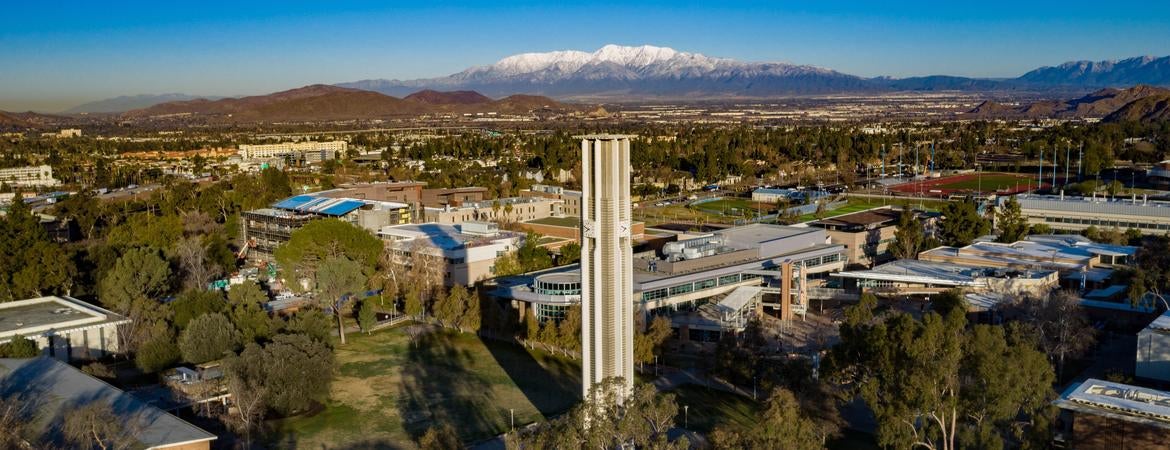
The Southern California Association of Governments, or SCAG, the nation’s largest metropolitan planning organization representing six counties, 191 cities, and more than 18 million residents, has chosen the Center for Social Innovation at UC Riverside to conduct research and offer insights and recommendations to advance economic inclusion and equity across Southern California.
The project, the first of its kind involving SCAG and UCR, calls on the center to inform an Inclusive Economic Recovery Strategy, or IERS, for Southern California, and to serve as the equity advisor for the entire SCAG region. The IERS will provide a roadmap for inclusive economic development in the region, with a particular focus on equitable economic recovery. The center’s director, UCR Professor Karthick Ramakrishnan, will serve as the economic advisor for the SCAG region specializing in equity, working with SCAG staff and center staff including research director Beth Tamayose, associate director Karla Lopez del Rio, and research manager Gary Rettberg.
The COVID-19 pandemic has both revealed existing and created new economic disparities in terms of race, socioeconomic status, and other factors. As our country and region make headway in fighting the pandemic, SCAG and other government entities are prioritizing sustainability and racial equity in the economic recovery, priorities that align with those of the federal government and California’s state government.
“For Southern California to truly recover from the devastation of the pandemic, we need to close this growing racial equity gap, and long-range planning for transportation and land use has a critical role to play,” said Rex Richardson, president of SCAG and vice mayor of Long Beach. “The Center for Social Innovation will be an important partner as we build out our strategy for building a strong, resilient, sustainable economy.”
The Center for Social Innovation’s work and research will contribute to the IERS report in May 2021 and will be presented at the SCAG economic summit in December 2021.
The Center for Social Innovation, founded in 2018, integrates researchers, community organizations, and civic stakeholders in collaborative projects.



